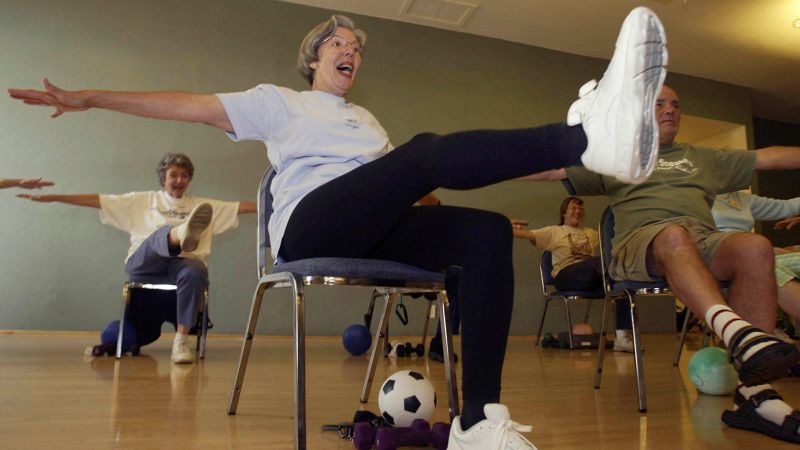On Thursday, the U.S. Department of Health and Human Services (HHS) made a notable and unexpected decision regarding the funding of the Women’s Health Initiative (WHI). This longstanding research program, pivotal in its focus on disease prevention among older women, will no longer see its funding cut. This development follows an overwhelming wave of public criticism and concern around the implications that defunding could have on this crucial study.
The WHI, spearheaded by the National Institutes of Health (NIH), has been tracking the health of tens of thousands of women for decades. Its primary goal is to reduce the risks associated with various health issues such as cancer, cardiovascular disease, and osteoporosis following menopause. Considered a groundbreaking research project, the initiative has produced extensive findings that have significantly advanced women’s health knowledge. Notably, it has highlighted the dangers associated with certain hormone therapies used for menopause, ultimately helping to prevent approximately 126,000 breast cancer diagnoses.
One of the more alarming announcements made earlier in the week indicated HHS’s plans to terminate contracts with regional centers tied to the WHI effective September. Such a termination threatened to substantially disrupt ongoing research and data collection efforts. Investigators and stakeholders anxiously awaited further clarification, which was provided shortly thereafter in the form of an abrupt funding restoration.
In a statement provided to CNN, HHS affirmed its commitment to women’s health research, emphasizing the importance of the WHI. “These studies represent critical contributions to our better understanding of women’s health,” the statement conveyed. It underscored that although NIH had initially exceeded its internal benchmarks for contract reductions, efforts would now be dedicated to restoring vital funding to ensure the WHI’s essential research missions remain intact.
HHS Secretary Robert F. Kennedy Jr. echoed this sentiment in a social media update, assuring that “we are not terminating this study.” He expressed the collective recognition of the initiative’s critical importance to women’s health, underscoring a renewed commitment to its continuation. The potential reduction of resources for one of the largest and most comprehensive long-term studies on women’s health had raised alarm bells among experts who recognized that such cuts would jeopardize countless invaluable datasets and critical ongoing studies.
Dr. Stephanie Faubion, the director of the Mayo Clinic’s Women’s Health Specialty Clinic, voiced her concerns prior to the funding announcement, pointing out that “serious gaps in women’s health” need immediate attention. The WHI’s mission aligns perfectly with addressing chronic disease, an agenda that has been labeled a top priority under the current administration.
Experts like Dr. Rebecca Thurston emphasized the WHI’s unique capability to track women over time, thus allowing researchers to investigate the causes and factors linked to chronic diseases such as heart disease and diabetes critically. With its inception in 1992, the WHI signified a groundbreaking shift in the medical research landscape for women, challenging the historical tendency to view women merely as “smaller men” when it came to health inquiries.
Before the WHI, the narrow perspective often centered on “bikini medicine,” which largely disregarded comprehensive women’s health issues. As Dr. Thurston articulated, studies like the WHI have illuminated the specificities in how women experience diseases such as cardiovascular issues and dementia, demonstrating the need for tailored research distinctly focused on women’s health.
The historical exclusion of women in medical studies underlines the significance of the WHI’s funding and operations. According to Dr. Stella Dantas, president of the American College of Obstetricians and Gynecologists, the initiative has become a crucial repository of invaluable data, which drives continuous research on prevalent health concerns like heart disease and breast cancer in postmenopausal women.
As Dr. Thurston recounted, key findings from the WHI emerged during a formative period of her career, influencing her path toward researching menopause and cardiovascular health. Her call to action was clear: the continuity of research is vital if we are to improve preventative measures against chronic diseases and maintain comprehensive health strategies for women. The WHI stands as a testament to the essential research needed in women’s health, highlighting that science must continue to evolve, ensuring better health outcomes for women in the future. This report has been partially contributed to by CNN’s Sandee LaMotte, reflecting the collaborative efforts to bring this important health issue to light.












